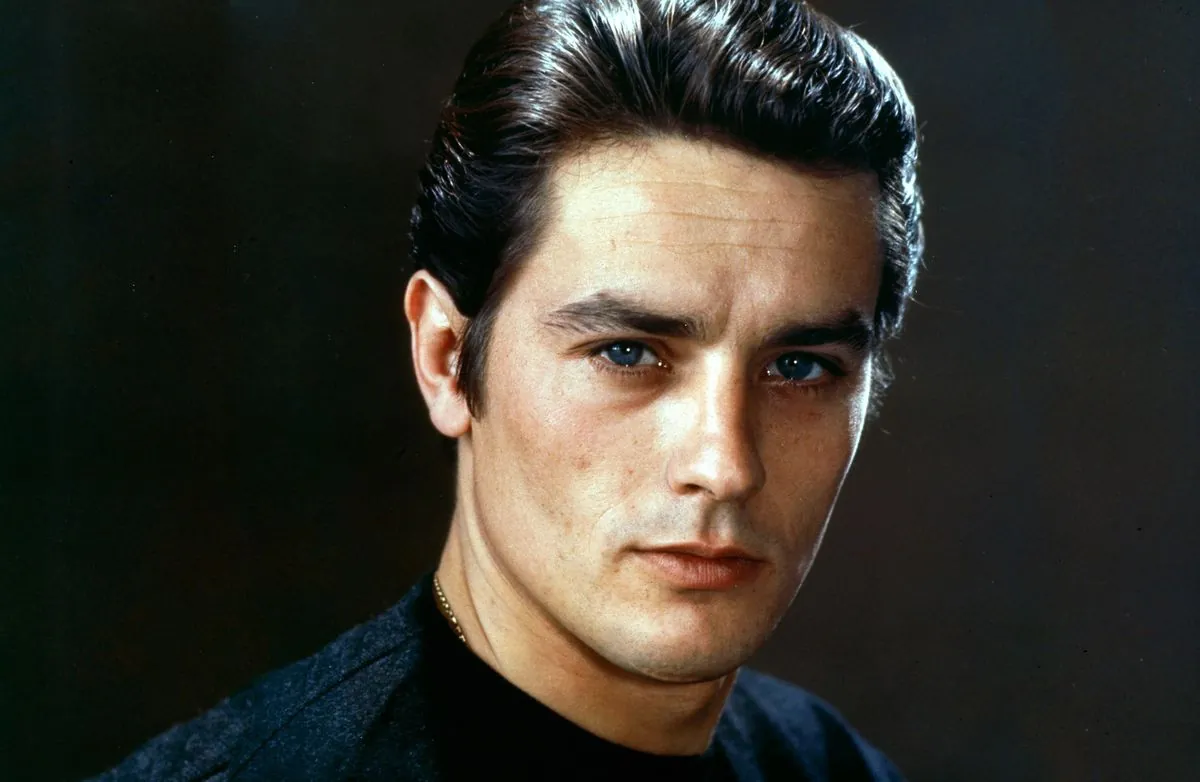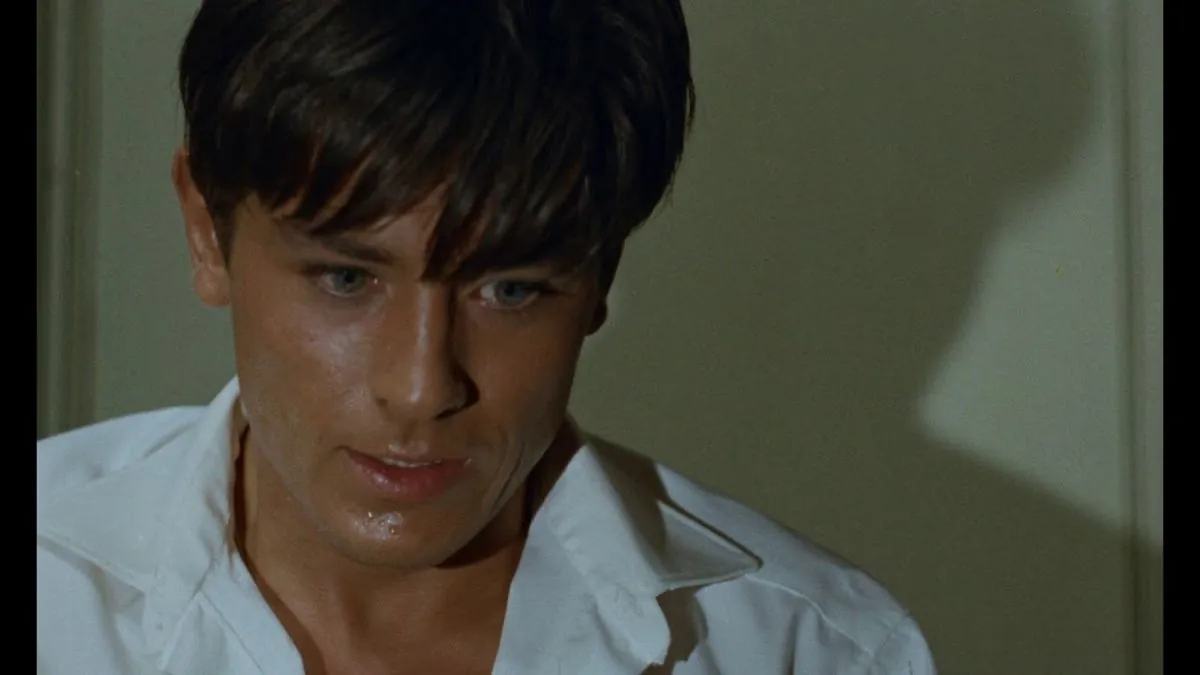French Cinema Icon Alain Delon Dies at 88, Leaving Behind Complex Legacy
Alain Delon, renowned French actor known for his striking looks and complex roles, has passed away at 88. His career spanned decades, marked by critically acclaimed performances and personal controversies.

Alain Delon, the iconic French actor celebrated for his striking looks and complex roles, has passed away at the age of 88. His family announced that he died at his home in Douchy, north-central France, on August 18, 2024. Delon had been in poor health since suffering a stroke in 2019.
Delon's career spanned over six decades, during which he became one of the most photographed men in the world. His rise to fame began with his portrayal of Tom Ripley in "Purple Noon" (1960), the first adaptation of Patricia Highsmith's novel "The Talented Mr. Ripley." This role set the stage for a career that would see him work with some of the most renowned directors in European cinema.
Throughout his career, Delon collaborated with acclaimed Italian filmmakers such as Luchino Visconti and Michelangelo Antonioni. He starred in Visconti's "Rocco and His Brothers" (1960) and "The Leopard" (1963), as well as Antonioni's "The Eclipse" (1962). These roles showcased his versatility as an actor and cemented his status as a leading figure in European cinema.

Delon's most enduring persona was that of the cool, detached criminal, particularly in French crime dramas. His collaborations with director Jean-Pierre Melville, including "Le Samouraï" (1967) and "Le Cercle Rouge" (1970), are considered classics of the genre. These roles allowed Delon to display his unique blend of charm and menace, earning him critical acclaim and a devoted fanbase.
"Few French stars have been as ruthless as Delon onscreen, yet few can also radiate such odd, bruised tenderness, even as a villain."
Despite his success in European cinema, Delon never found a role in English-language films that fully captured his seductive power. Nevertheless, he maintained an ardent global following throughout his career.
Delon's personal life was often as dramatic as his on-screen roles. Born on November 8, 1935, in Sceaux, a Paris suburb, he had a troubled childhood and youth. He was abandoned by his parents, expelled from Catholic schools, and dishonorably discharged from the military. Before becoming an actor, Delon worked as a butcher's apprentice and claimed to have seen combat in Indochina during his military service.
His entry into acting was serendipitous. In 1957, while working as a porter at Les Halles market in Paris, Delon was invited to the Cannes Film Festival by actor friends. There, he caught the eye of a talent scout and was offered a contract with Hollywood producer David O. Selznick, which he ultimately turned down.
Delon's career was not without controversy. In 1968, he became embroiled in the "Markovic affair," a scandal involving the murder of his bodyguard. Although never charged, the incident generated intense media scrutiny and wild speculation about Delon's connections to the criminal underworld.
Later in his career, Delon transitioned into producing his own films. He also ventured into business, launching a successful line of perfumes and luxury goods. In 2000, he acquired Swiss citizenship and was known for his right-wing political views.
Throughout his life, Delon received numerous accolades for his work. He won a César Award, the French equivalent of an Oscar, for his role in "Our Story" (1984). However, he considered his performance in "Mr. Klein" (1976) to be his finest acting work.
Alain Delon's legacy in French and international cinema is undeniable. His unique blend of beauty and complexity on screen, combined with his tumultuous personal life, made him one of the most fascinating figures in 20th-century cinema. As the curtain falls on his life, the film world remembers a true icon who embodied the essence of French cinema for generations.


































